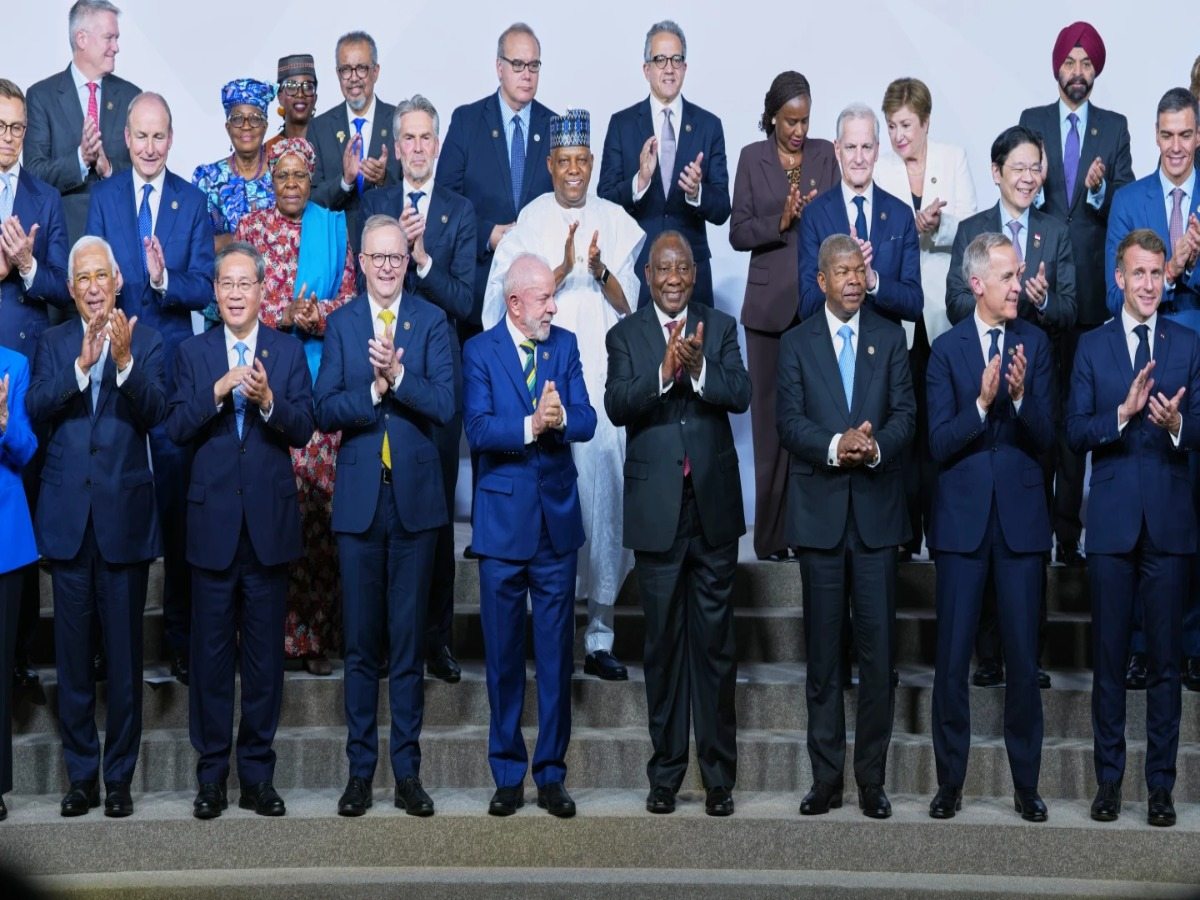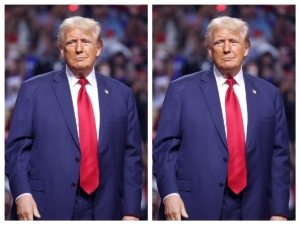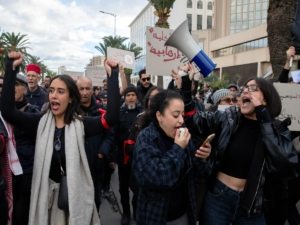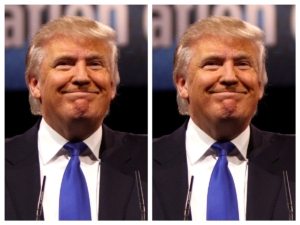G20 leaders opened their gathering in Johannesburg with a surprise move, approving a joint declaration at the outset of their summit even as the United States refused to participate. The United States’ absence in protest, South Africa pressed ahead and secured unanimous backing from the remaining members, a break from the group’s traditional end-of-summit adoption.
South African presidential spokesperson Vincent Magwenya confirmed that leaders signed off on the document at the start of the two-day meeting. Officials said the U.S. had pushed South Africa not to issue any collective declaration in its absence, but those efforts ultimately fell flat.
The 122-point text calls for stronger global commitments to challenges heavily affecting poorer states, including climate-driven catastrophes and mounting debt loads, AP reported. South Africa described the adoption as a milestone for the first G20 summit hosted on African soil.
READ ALSO: Women stage powerful lie-down protest against gender violence before G20 in South Africa
The United States’ boycott, ordered by President Donald Trump, has shaped the atmosphere throughout the gathering. South Africa had put forward an expansive agenda aimed at tackling deeply rooted inequalities and climate pressures, and leaders convened near Soweto, once home to Nelson Mandela, to debate those themes.
Despite U.S. resistance to South Africa’s priorities on climate and inequality, President Cyril Ramaphosa opened the summit, declaring that “consensus has emerged.” An awkward moment followed when his early remarks were broadcast inside the venue during what should have been closed-door talks. He was heard telling fellow leaders they would move “to adopt our declaration now,” before being informed live cameras were still running. “OK. I’m told that the cameras are still on. They should be off,” he said.
While Ramaphosa’s office described the declaration as unanimous, Argentina broke ranks. President Javier Milei stayed away in support of Trump, leaving Foreign Minister Pablo Quirno to represent the country and clarify that Buenos Aires did not endorse the document.
Away from the main hall, officials from France, Germany, the United Kingdom, Canada and Japan discussed the U.S. proposal for ending the Russia-Ukraine war. German Chancellor Friedrich Merz said European representatives, the EU, the U.S. and Ukraine would reconvene in Switzerland on Sunday. The plan, drafted jointly by the Trump administration and Russia, concedes to several Russian demands rejected by Ukrainian President Volodymyr Zelenskyy, including territorial losses.
A joint statement from the EU, Canada, Finland, France, Germany, Ireland, Italy, Japan, the Netherlands, Norway, Spain and the U.K. warned that while the proposal is “a basis which will require additional work,” fundamental principles must hold, insisting that “borders must not be changed by force.”
Under its rotating presidency, South Africa had hoped for concrete commitments on disaster recovery financing, debt relief, green energy transitions and securing value from critical minerals. But Trump’s boycott left the summit without the world’s biggest economy. His administration has repeatedly attacked South Africa’s focus on inequality and climate and accused the country of persecuting its white Afrikaner minority.
The standoff between the U.S. and South Africa has simmered for months, though some leaders sought to look beyond the dispute. “I do regret it,” French President Emmanuel Macron said of Trump’s absence. “But it should not block us. Our duty is to be present, engage and work all together because we have so many challenges.”
Although widely known as the G20, the bloc actually brings together 21 members, including 19 nations, the European Union and the African Union. Formed in 1999 to bridge wealthy and developing economies during financial crises, it represents roughly 85 percent of global economic output, 75 percent of world trade and more than half of humanity. Its declarations offer broad consensus positions, although they are nonbinding and often difficult to achieve amid competing interests from powers such as the U.S., Russia, China and the major European states.
South Africa said the United States pressed for the final declaration to be watered down into a solo statement from the host country. Ramaphosa challenged, saying, “We will not be bullied.”
The U.S. will take over the G20 presidency after the summit concludes. With no delegation present, its only participation will come when a representative from the American embassy attends the formal transfer ceremony. South Africa has called the arrangement an insult to Ramaphosa, and officials indicated the traditional handover may not occur on Sunday.
READ ALSO: South Africa’s Ramaphosa hits back as Trump pulls U.S. from G20, calling it ‘their loss’










